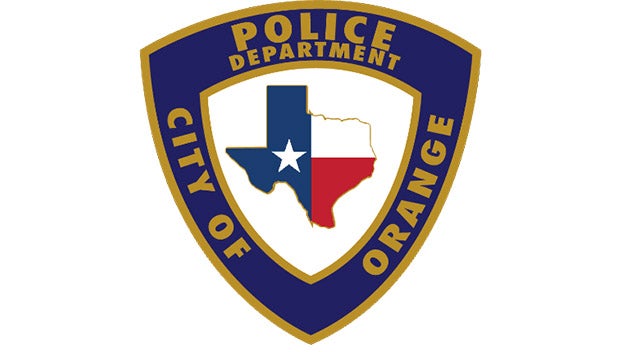Three unique ways to give back to service members
Published 11:11 am Wednesday, November 11, 2020
|
Getting your Trinity Audio player ready...
|
Military service in the United States was once more common than it is today. According to the Council on Foreign Relations, the draft for military service was ended in 1973, a point in time when 2.2 million men and women made up the country’s active military personnel. By 2018, the number had dipped below 1.3 million. Military service in Canada is also somewhat uncommon, as the Department of National Defence reports that active military personnel totaled just 68,000 as of 2018.
The vast majority of people in countries where military service is not compulsory will never serve in the military. But that does not mean non-military personnel do not appreciate the sacrifices service members and their families make. In fact, a recent report conducted for Canada’s Department of National Defence found that while many Canadians seem only vaguely aware of what their military does, appreciation for service members was high.
Service members and their families make many sacrifices to protect the lives and freedoms of their fellow citizens. The following are three unique ways to give back to these selfless men and women, who often benefit greatly from even the simplest of gestures.
- Serve as a driver for veterans.
Unfortunately, many service members return from overseas missions with disabilities, some of which prevent them from driving. Adults who want to help service members can serve as drivers for veterans who can’t drive themselves. Such a gesture ensures they won’t miss any appointments with doctors or physical therapists, helping them get on the road to recovery that much quicker.
- Donate your airline miles.
Some disabled veterans receive medical treatments far away from home at facilities that specialize in treating certain types of injuries, which can make it difficult for their families to be there for them during their recoveries. By donating airline miles to military families, ordinary adults can ensure injured servicemen and -women can still see their families during difficult times in their lives. Access to such support systems can be a big help as veterans work to recover from their injuries.
- Sponsor a service dog.
A significant percentage of veterans return home with post-traumatic stress disorder, or PTSD. PTSD has been linked to a host of conditions, including depression and anxiety. However, programs such as Companions for Heroes, an organization that places service dogs with veterans, has helped many veterans successfully cope with PTSD. By sponsoring a service dog through an organization such as Companions for Heroes, adults who want to help service members can provide an invaluable service to men and women fighting to regain their quality of life.
There are many ways for ordinary citizens to show their support for the brave men and women who selflessly serve in the military.





